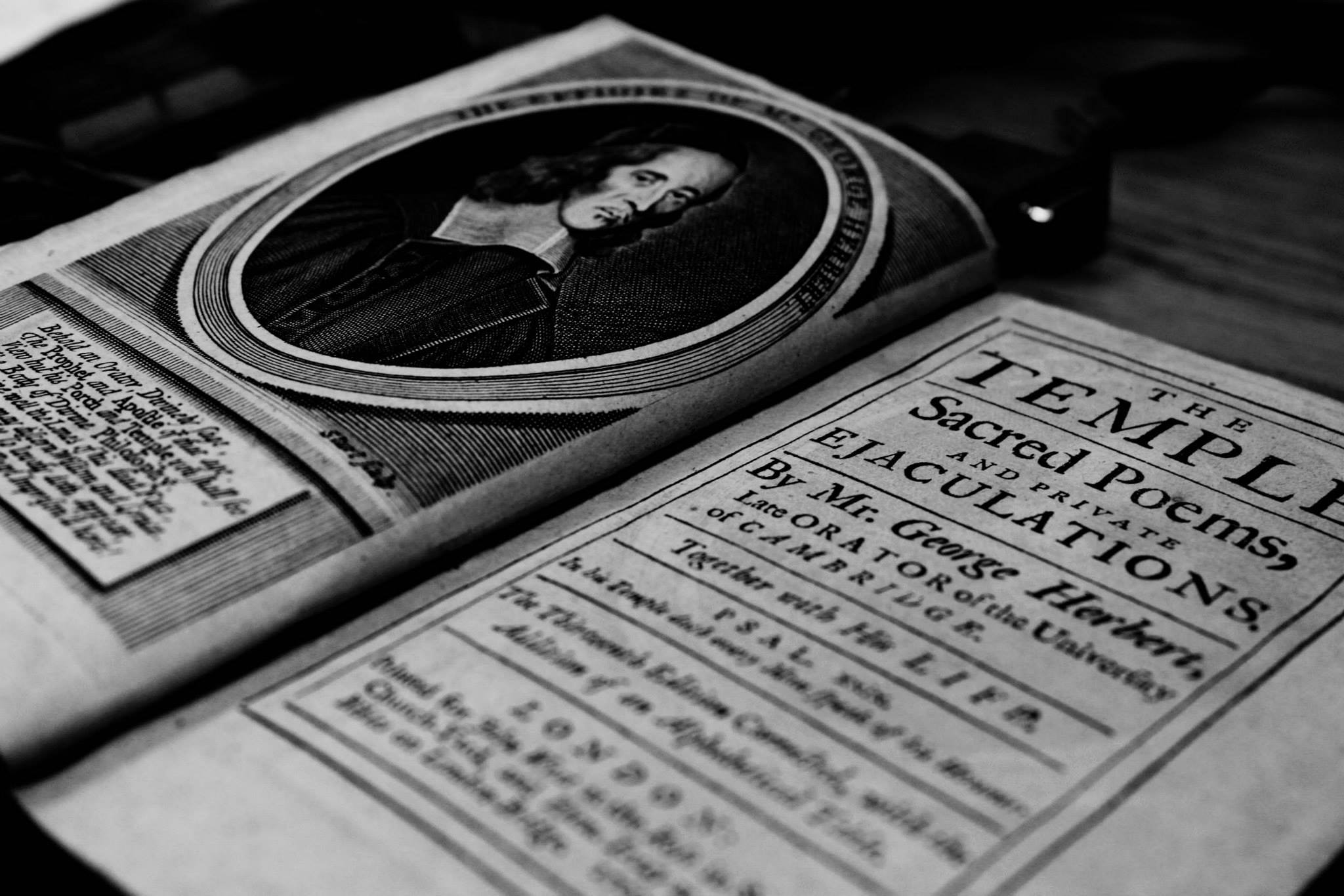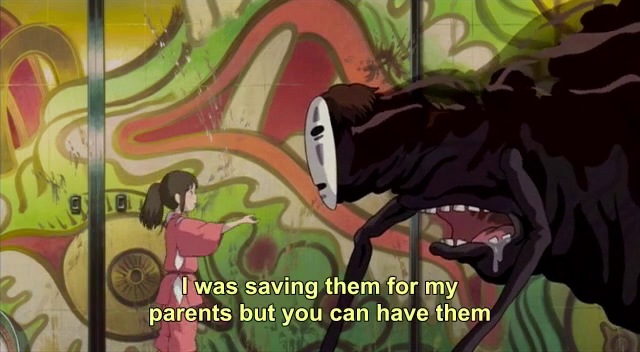Students investigate works of Canadian fiction,
focussing on both the literature and on the political and historical context of
its writing, questioning what it means to be a part/or not a part of what is
known as CanLit. We explore how the literature that Canada produces affects
Canadians, and whether or not it effectively (and accurately) reflects who we
are. Authors whose works we look at may include Margaret Atwood, Alice Munro, David
Bergen, Miriam Toews, Nick Mount, Alex Good, Katherena Vermette, Maria Campbell,
Duncan Campbell Scott, Thomas King, and David Chariandy.
- Teacher: Mary Ann Loewen
This course will focus on the Homeric tradition of the heroic epic poem. We will read the three classical epics most influential on western literature: Homer’s Iliad and Odyssey and Virgil’s Aeneid. By focusing on the Trojan War and its aftermath, these epics take us deeply into the Homeric world and teach us to contemplate the violence and hope of our own world. This course fulfills the academic writing requirement.
- Teacher: Paul Dyck
- Instructor: Paul Dyck
- Instructor: Ryan Rempel
Through this directed learning plan you will screen, critique, and discuss films that offer narratives, or even glimmers, of peace amid the context of war. Movies like Grand Illusion (1937), The Great Dictator (1941), and Merry Christmas, Mr. Lawrence (1983) are generally considered to be anti-war, and yet their violent and political subject matter can make such a distinction difficult. Discussion will consider the contexts the films depict, as well as those in which they were made, and will examine the concept of anti-war cinema as either a part of the war genre, or a response to it. While most of our discussion will take place online, we will meet every couple of weeks or so to discuss your findings in person, and possibly watch a film.
- Teacher: Mandy Elliott


